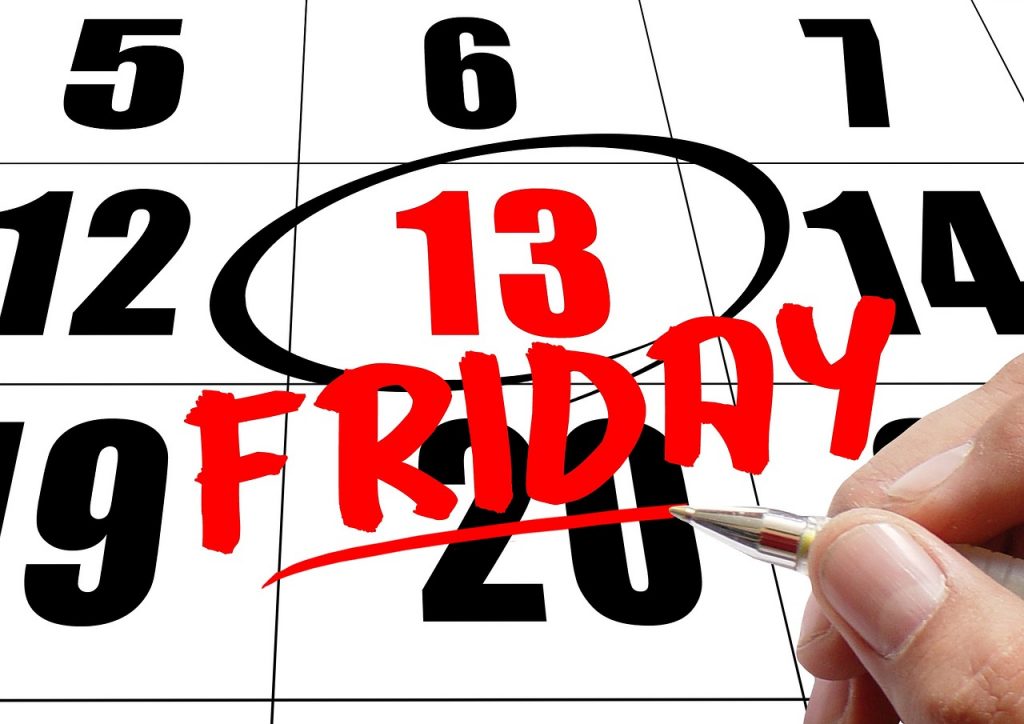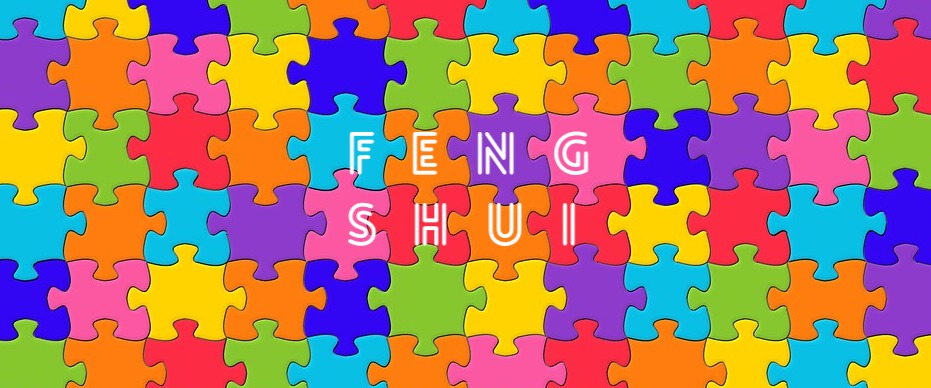The Ultimate Feng Shui Master Algorithm. Feng Shui = Intention + Relationship + Ritual. Top Feng Shui ‘Recipe’ for Success and Solving Problems.
Theories about how feng shui works
There are many theories about how feng shui works, and I have at least half a dozen. My favourite, because it’s so simple and it covers all aspects of feng shui, boils down to this: feng shui = intention + relationship + ritual. If you’re a beginner feng shui enthusiast, this will give you a good initial understanding of how feng shui works.

Unlock the secret of feng shui with the master key algorithm
Other classical feng shui theories of how feng shui works include qi/chi, yin and yang, five elements, bagua, compass approaches, form schools, time aspects and so on, but, by the logic of chunking up or generalisation, they all fall into the category of intention, relationship and ritual, which to me is the ultimate master algorithm. Let me be very clear: I’m not against any type of feng shui. My goal as a feng shui researcher and environmental psychologist is to gather all the pieces of the feng shui puzzle, understand where and how they fit from multi-disciplinary perspectives, as well as be very mindful that none of the blind men can see the whole elephant and not throwing the baby out with the bathwater.
“The grand aim of science is to cover the greatest number of experimental facts by logical deduction from the smallest number of hypotheses or axioms.” Albert Einstein
Does feng shui work?
Yes! But it all depends on the feng shui algorithm you use – or your assumptions if you like. In the same way, as “does a recipe for baking a cheesecake work?” it all depends on both the recipe and the way it is made. Even the worst cheesecake in the world, even if it’s inedible, is still a cheesecake – it’s just a bad cheesecake. Thinking about how feng shui works in terms of algorithms is a very useful and instructive way of understanding how feng shui works as well as deconstructing and decoding it.
Feng shui = intention + relationship + ritual
What is an algorithm?
An algorithm is a process or set of specific rules to be followed to solve problems (and calculations, especially by a computer). Algorithms are step-by-step instructions given to a computer when you also feed it with data. In short, an algorithm is a very specific and unambiguous recipe. To be factual, I’ve used the metaphor of a recipe as a starting point to get a general idea across. A ‘cooking recipe’ may not be exactly an algorithm because, quite often, a recipe doesn’t exactly specify the precise quantities, the order of the steps, etc. As experience shows, especially with new recipes, the outcome might be delicious or a mess. An algorithm always produces the same results if followed correctly in its context. And context is everything.
Machine learning algorithms are the future of humanity and are responsible for the future automation of every possible job. They’re behind all the technology you’re using, and they are getting better and better because of machine learning or AI. Algorithms can make deductions that human brains cannot. For example, it takes about 10,000 hours (10 years for about 3 hours/day) for an eye specialist to learn to diagnose eye disease with about 90% accuracy. An algorithm developed by researchers at Moorfields Eye Hospital in London is 94% accurate at diagnosing common signs of eye disease, and it took less than one minute for the algorithm to learn that! Another algorithm developed by researchers in Los Angeles is 90% accurate at predicting suicides, and again, it took minutes to learn how to do it. There are machine learning algorithms that create new art and paintings and even whole films. Watch a video about master algorithm
Continue reading →





